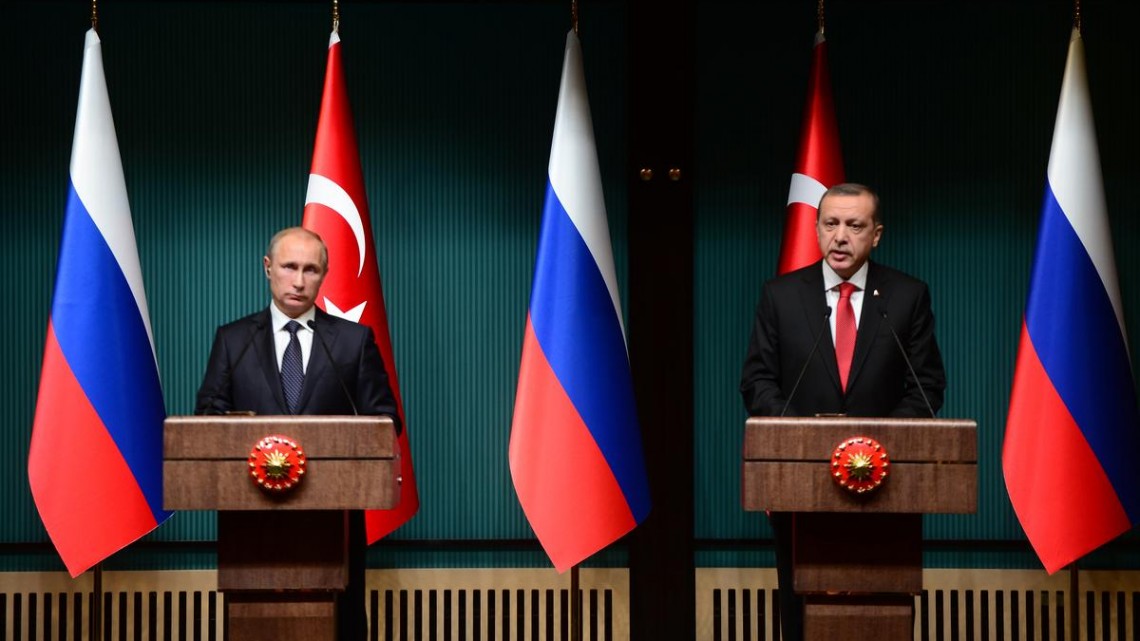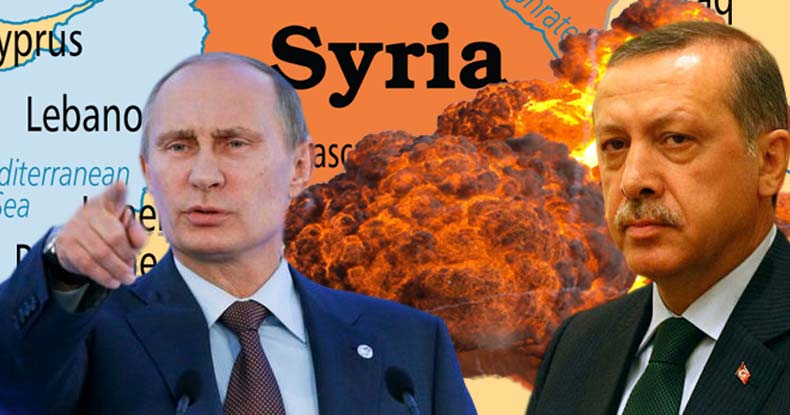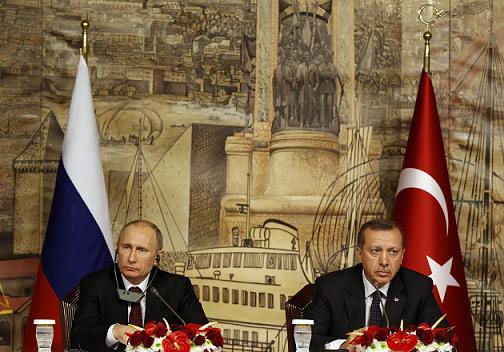By Alexis Coleman
The most serious fighting since 1996, with dozens of victims, has erupted between Azeris and Armenians, in Nagorno-Karabakh.
The Karabakh conflict was “frozen” for many years, which make many observers wonder if there is a link with East-West tensions and with events in the Middle East.
Nagorno-Karabakh is a tiny mountainous enclave in Transcaucasia. Inhabited by a majority of Armenians, it constituted an autonomous Republic, belonging to the “Soviet Socialist Republic of Azerbaijan”. During perestroika times it claimed its independence from Baku. The Armenian-Azeri conflict at that time had played a great role in the chain of events leading to the collapse of USSR, as the Gorbachev leadership, facing the conflicting demands of Soviet nations, could not make its mind, following an absolutely contradictory policy, which helped fuel chaos in the country, while various internal and outside forces were exploiting the situation. Since the collapse of USSR, Nagorno-Karabakh has declared itself an independent state, but is recognized only by Armenia.
Armenia cannot but defend its Karabakh brothers. Armenia has a defensive alliance with Russia which has to defend it in case of an escalation of the conflict. Russian troops are stationed in Armenian borders and S400 missiles in its territory.
Russian prestige and vital interests of Russia are also at stake here. Azerbaijan, on the other side, entertains a very close relationship with Turkey, but also with USA and Israel. This is why this “local” conflict has probably to be understood also in the context of new “cold war” and also of the Middle Eastern puzzle.
The escalation of the war in Transcaucasia may lead to further worsening of relations between Moscow on the one side, Ankara and Baku on the other. It can thus be used by forces wishing to push further Ankara in its present anti-Russian stance.
In the same time such a conflict could fuel the general tendency towards a new cold war. It may be used also against the still fragile understanding between Moscow and Washington on Syria and influence the serious infighting in the US capital on the course to follow in the Middle East.
Read more about the Karabakh conflict here:
Nagorno-Karabakh: The April Fool’s War
http://original.antiwar.com/justin/2016/04/03/nagorno-karabakh-april-fools-war/
Burning Embers: Nagorno-Karabakh Tensions Heat Up
http://m.sputniknews.com/trend/nagrono_karabakh_conflict_2016/
What’s Behind the Flare-up in Nagorno-Karabakh?
Nagorno-Karabakh: Rehearsal for an upcoming war
http://edam.org.tr/en/IcerikFiles?id=2066
For an appraisal of the strategic importance of Azerbaijan in relation to Iran and the Middle East read an older, still very interesting analysis published in the American Foreign Policy magazine:
http://foreignpolicy.com/2012/03/28/israels-secret-staging-ground/











